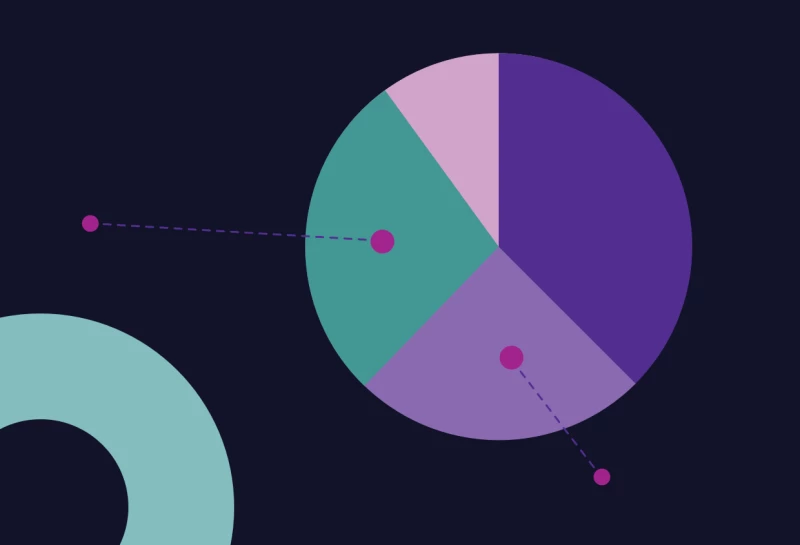Research
CSMaP is a leading academic research institute studying the ever-shifting online environment at scale. We publish peer-reviewed research in top academic journals, produce rigorous reports and analyses on policy relevant topics, and develop open source tools and methods to support the broader scholarly community.
Academic Research
-
Working Paper
Testing the Casual Impact of Social Media Reduction Around the Globe
Working Paper, December 2025
-
Journal Article
Survey Professionalism: New Evidence from Web Browsing Data
Political Analysis, 2025
Online panels have become an important resource for research in political science, but the compensation offered to panelists incentivizes them to become “survey professionals,” raising concerns about data quality. We provide evidence on survey professionalism exploring three US samples of subjects who donated their browsing data, recruited via Lucid, YouGov, and Facebook (total 𝑛=3,886). Survey professionalism is common, but varies across samples: by our most conservative estimate, we find 1.7% of respondents on Facebook, 7.6% on YouGov, and 34 7% on Lucid to be professionals (under the assumption that professionals are as likely as non-professionals to donate data after conditioning on observable demographics available from all online survey takers). However, evidence that professionals lower data quality is limited: they do not systematically differ demographically or politically from non-professionals and do not exhibit more response instability. They are, however, somewhat more likely to speed, straightline, and attempt to take questionnaires repeatedly. To address potential selection issues in donating of browsing data, we present sensitivity analyses with lower bounds for survey professionalism. While concerns about professionalism are warranted, we conclude that survey professionals do not, by and large, distort inferences of research based on online panels.
Reports & Analysis
-
Report
Research Coordination Network: Democracy in the Networked Era
The Digital Information Environment & Global Elections
September 23, 2025
-
Analysis
Who Has a Policy that Would Benefit You? More Voters Say Trump.
National survey data from the 2016, 2020, and 2024 elections shed light on how candidates' campaign strategies impact voter policy recall.
November 2, 2024
Data Collections & Tools
As part of our project to construct comprehensive data sets and to empirically test hypotheses related to social media and politics, we have developed a suite of open-source tools and modeling processes.


